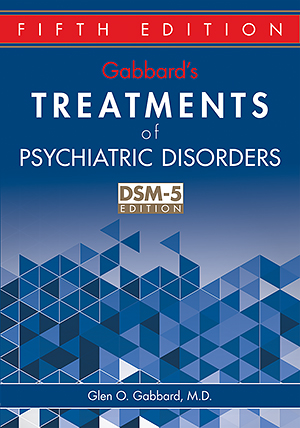Chapter 2.Communication Disorders
Sections
Excerpt
Communication is a process by which information is exchanged between individuals through a common system of symbols, signs, or behavior. Language is the systematic means of communicating ideas or feelings by the use of conventionalized signs, sounds, gestures, or marks having understood meanings. The emergence of communication skills in the developing child is necessary for human socialization (Gemelli 1996); likewise, the development of appropriate verbal language skills and its production (speech) are critical for adaptive competence (Wiener and Dulcan 2004). Impairments in speech or language in childhood are often associated with deficits in other areas of functioning, such as academics and developmental competencies (Beitchman et al. 1996), as well as emotional health (Conti-Ramsden and Botting 2008).
Access content
To read the fulltext, please use one of the options below to sign in or purchase access.- Personal login
- Institutional Login
- Sign in via OpenAthens
- Register for access
-
Please login/register if you wish to pair your device and check access availability.
Not a subscriber?
PsychiatryOnline subscription options offer access to the DSM-5 library, books, journals, CME, and patient resources. This all-in-one virtual library provides psychiatrists and mental health professionals with key resources for diagnosis, treatment, research, and professional development.
Need more help? PsychiatryOnline Customer Service may be reached by emailing [email protected] or by calling 800-368-5777 (in the U.S.) or 703-907-7322 (outside the U.S.).



